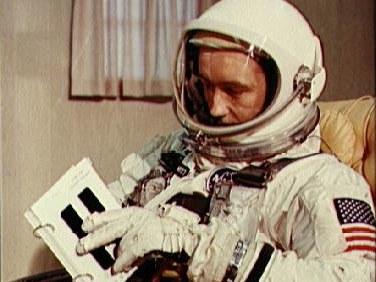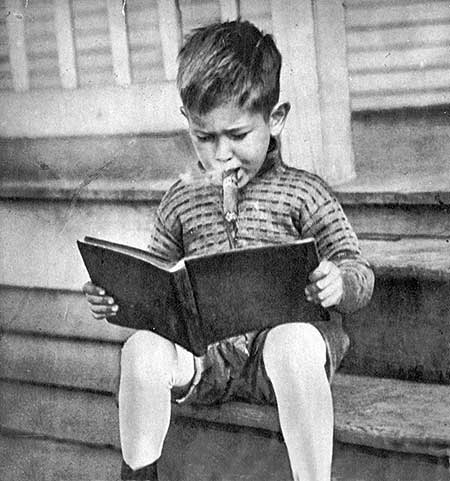Are we obsessed with dystopias because we fear we won’t go on or because we fear we will? I’m split on that.
The amount of content, high and low, pop and academic, concentrated on the death of us all (or most of us) by climate and AI and zombies is astounding. It plays on a deep-seated knowledge that things fall apart–and they do. Despite what some philosophers will tell you these days about species-extincting computers, the only real existential risk right now, apart from an accident with an asteroid, is global warming.
In a Boston Review interview conducted by Avni Majithia-Sejpal, Junot Diaz, who’s editing a 2017 issue on the topic of global dystopias for that publication, discussed the “default narrative” of a generation. The opening:
Question:
You are editing a special literary issue of Boston Review, to be published in 2017, on global dystopias. Can you tell us about your vision for this issue: why dystopia, and why now?
Junot Díaz:
Certainly we are at peak dystopia. We are in a moment where there is, first of all, the creative problem that there is a lot of praxis around dystopia. It has become, along with apocalyptic narrative, the default narrative of the generation. Our political horizons have become distorted by dystopian imaginaries. Our sense of what is possible in the civic is being slowly dragged away from the standard post-World War Two techno-positivism towards a darker, more ruinous vision. It is not only a kind of vocabulary and idiom; it is a useful arena in which to begin to think about who we are becoming as a planet. The steady drum beat of reports from our best and brightest scientists has made it explicitly clear that whether we like or whether we want to admit it or not we have damaged our planet in ways that have transformed us into a dystopian topos. When I think of it in The Hunger Gameswhere, either the movie or the book, a group of people come together and design arenas where people—young people—kill themselves and compete: these are the game makers. We are making the genre in which we are living, and we are making it at such an extraordinary rate.
There are also questions of politics, questions of subjectivity, questions of responsibility in the civic that dystopia brings out. We have a great tradition of dystopia in the West as a way for us to imagine our way through our present and to indicate towards the future. I have always enjoyed Tom Moyland’s idea of the critical dystopia: the purpose of the critical dystopia, how the critical dystopia is implicated with the utopia, and that a critical dystopia is not just something that is “the bad place.” It is something that maps, warns, and hopes. In that way—as an arena of intellectual engagement—the critical dystopia taken to a lower level could be something regenerative and something useful. And that’s what we would like to see from this special issue.•



